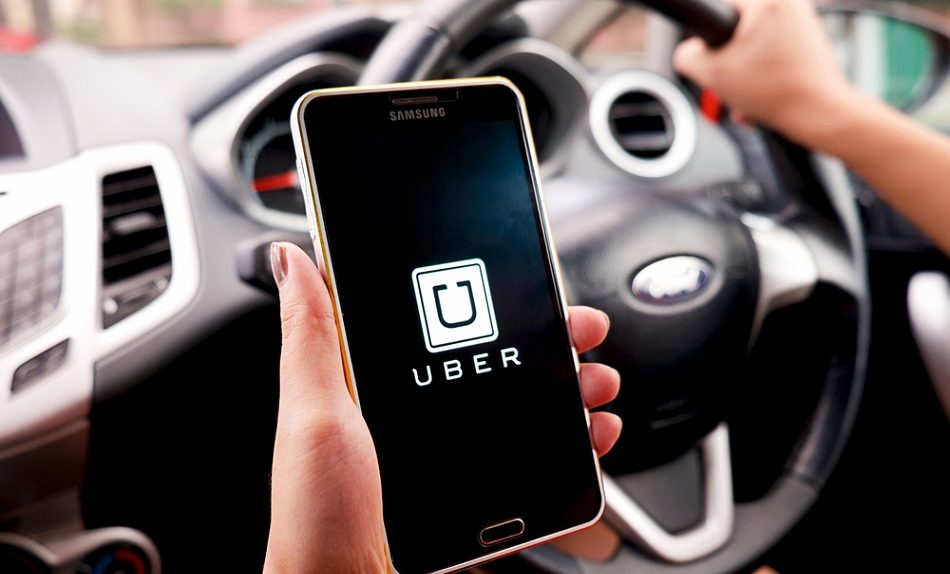Not too long ago, there was great scene on the television show The Americans wherein a Russian spy, fearful that the FBI was about to bust in the door and unearth the extent of his illicit activity, pressed a button that completely fried all of the electronics in his makeshift command and control center. While such plot devices are common in Hollywood, a bombshell report from Bloomberg relays that Uber employed a similar strategy in an effort to thwart law enforcement officials from gathering any evidence regarding the ridesharing company’s own illicit activity.
Uber of course didn’t physically destroy any of their own electronics, but when the appropriate signal was made, machines were frozen and Uber employees were logged off of connected computers, thus making it impossible for police to collect any incriminating evidence.
In one example cited in the story, an Uber office in Montreal was about to be raided by local authorities on the belief that the company was violating a slew of tax regulations.
Bloomberg details what happened next:
Managers on-site knew what to do, say people with knowledge of the event.
Like managers at Uber’s hundreds of offices abroad, they’d been trained to page a number that alerted specially trained staff at company headquarters in San Francisco. When the call came in, staffers quickly remotely logged off every computer in the Montreal office, making it practically impossible for the authorities to retrieve the company records they’d obtained a warrant to collect. The investigators left without any evidence.
Indeed, with the remote shut down in effect, employees were unable to log back into their machines even with the ostensibly proper credentials as the requisite passwords had been changed remotely.
As crazy as it sounds, this behavior is somewhat shocking even by Uber’s standards. Remember, Uber is the same company that almost found itself kicked out of the App Store after Apple discovered that the company implemented software capable of tracking iPhones even after the app had been deleted from a device.
As for Uber’s makeshift self-destruct software, Bloomberg reveals that the program was unofficially called Ripley and that it was used multiple times at Uber offices all across the globe as part of a concerted effort to keep the company one step ahead of investigators.
“The Uber HQ team overseeing Ripley could remotely change passwords and otherwise lock up data on company-owned smartphones, laptops, and desktops as well as shut down the devices,” the report further adds.
In the interest of fairness, some Uber employees who spoke to Bloomberg explained that the system was necessary because “police outside the U.S. didn’t always come with warrants or relied on broad orders to conduct fishing expeditions.”
That may very well be true, but given Uber’s long and illustrious history of questionable behavior, it’s hard to give the company the benefit of the doubt at this point. Indeed, Bloomberg details that Uber at one point contemplated developing a piece of software that would “present a dummy version of a typical login screen to police or other unwanted eyes, the people say.”
While no such software was ever created, it does tend to illustrate the lengths to which Uber was willing to go to cover its tracks.
You can read a whole lot more in the full report over here.








